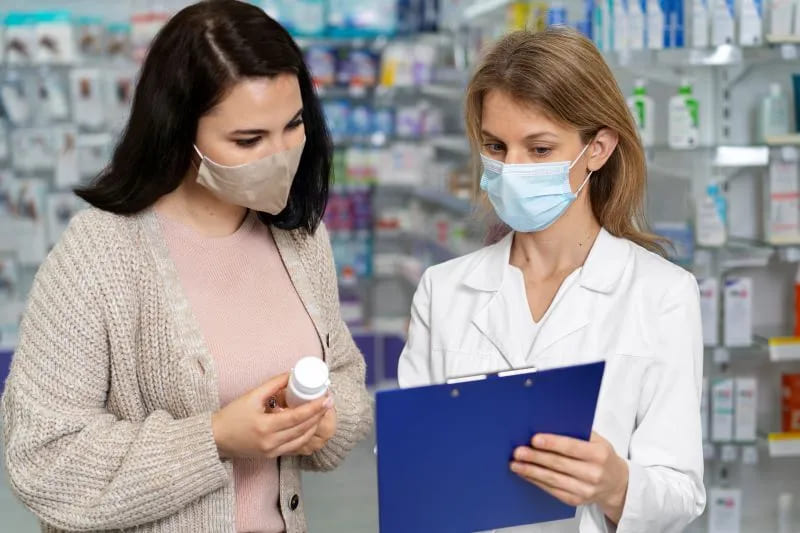
In today’s complex healthcare ecosystem, pharmacists in pafikabbaritotimur.org serve as crucial gatekeepers in safeguarding the public’s health. Among their numerous responsibilities, a pivotal duty is to identify the quality of medicines. This responsibility extends beyond mere dispensation; it requires a comprehensive understanding of pharmacology, manufacturing processes, and regulatory standards. Pharmacists’ expertise ensures that patients receive medications that are both safe and effective.
Quality assurance in pharmaceuticals is an intricate process. It begins at the manufacturing stage, where pharmacists play a vital role in ensuring that medicines meet stringent quality criteria. They are trained to scrutinize factors such as the source of active ingredients, manufacturing practices, and adherence to regulations set forth by entities like the FDA or EMA. This meticulous examination guarantees that medications reaching the market are free from contamination and possess the intended therapeutic properties.
Once medicines reach the pharmacy, pharmacists continue their vigilance. They evaluate the physical characteristics of medications, such as color, texture, and packaging integrity. Any deviation from expected standards can be indicative of compromised quality, prompting further investigation. This assessment is crucial because counterfeit or substandard medicines pose a significant risk to patient safety. For instance, improperly stored medications may lose potency, leading to …